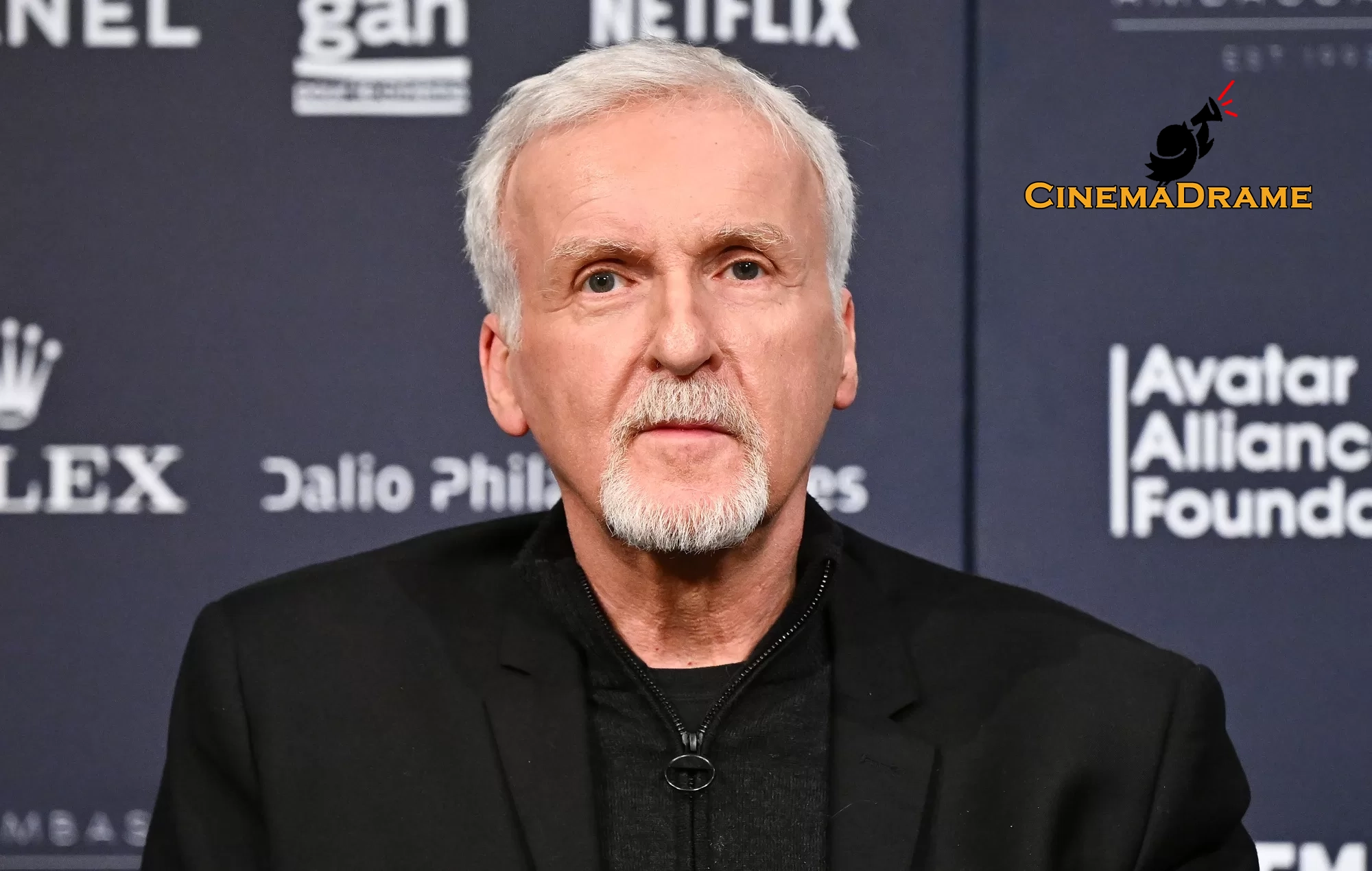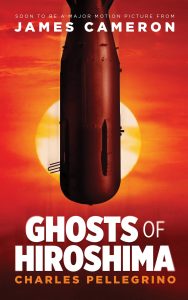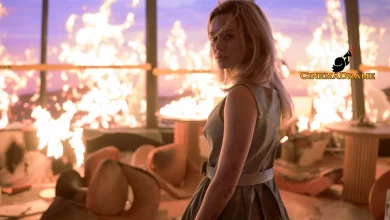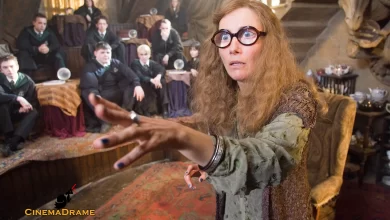“Ghost of Hiroshima” by Charles Pellegrino Published / James Cameron: Three Existential Threats Facing Humanity — “Empathy Is Our Superpower”

According to CinemaDrame News Agency, Coinciding with the 80th anniversary of the atomic bombing of Japan, Ghost of Hiroshima by Charles Pellegrino has been published. The book does not shy away from the nature of the bombing but seeks to tell the story from the perspective of ordinary people who miraculously survived that nuclear holocaust.

James Cameron, director of films such as Titanic and Avatar, acquired the film adaptation rights to the book before its release, but in a recent interview with Rolling Stone, he acknowledges being well aware of the challenges involved.
Asked why he was drawn to this book, Cameron says: “For me, it all started when I was eight years old, during the Cuban Missile Crisis, and my father was putting together shelter drills. I grew up near Niagara Falls in Canada, and since it was an area for power generation, he figured it would be a bombing target. He may not have been wrong. So suddenly, at eight years old, I realized the world was not what I thought it was, and that stayed with me. And then, in high school, I read John Hersey’s book, Hiroshima, and I never forgot it. Many of the images that book created in my mind found their way into the first two Terminator films. Meanwhile, I became an expert in the real effects of nuclear weapons: how they worked, the physics, the real consequences. So it’s always been a part of me, and I think the time has come for me to deal with it—not as a story told through science fiction, but in a real and historical way.”
Cameron says he still believes that a “Terminator”-like apocalypse is possible: “I think the threat of a Terminator-style apocalypse still exists—when artificial intelligence is incorporated into weapons systems, up to and including nuclear weapons, nuclear defense, and all of it. Because the battlefields are so fast, decision times are so limited, and you need a superintelligence to analyze and act. Maybe we’ll be wise and keep a human in the loop. But humans are fallible, and there have been many errors that have brought us to the brink of nuclear war due to international incidents. So I don’t know. I feel like we are at a point in human progress where there are three existential threats: climate change and the overall destruction of the natural world, nuclear weapons, and superintelligence. All of these have, in some sense, emerged and peaked at the same time. Maybe the solution is superintelligence. I don’t know. I’m not making predictions, but maybe.”
Asked how, amid the growing number of wars, leaders can be restrained and compelled to listen, Cameron responds: “Ronald Reagan listened. He watched [the TV film] The Day After, and [the possibility of a nuclear war between the US and the USSR] shook him. He couldn’t sleep and took actions that actually made a difference. I think you have to reach the humanity of those in power. The question is, do leaders possess the necessary empathy and humanity? When Elon Musk says, ‘Empathy is like a disability, it holds us back,’ I think, no—that’s our superpower. Empathy is our superpower. We must appreciate it and embrace it.”







